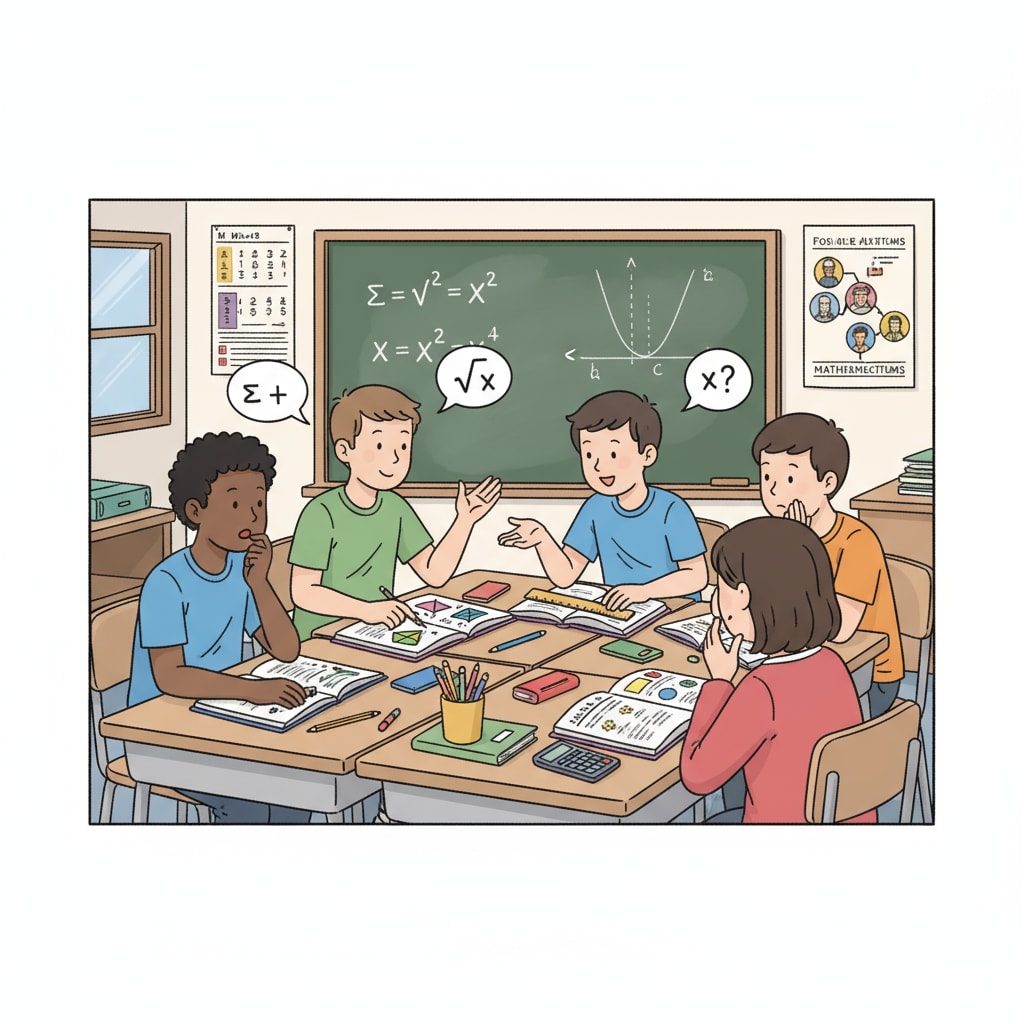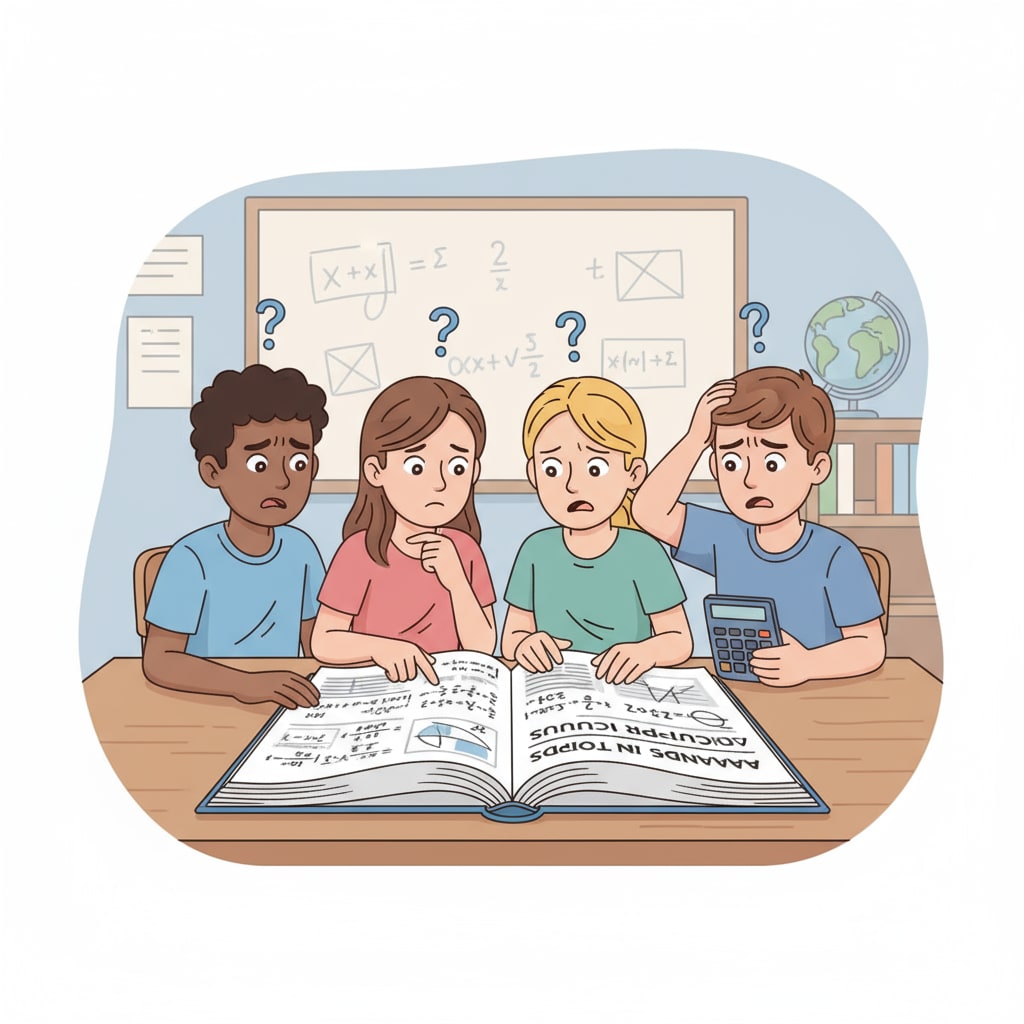In the realm of mathematics education, the question of the practicality of advanced math has sparked a lively debate. For students navigating through K12 education, the study of complex mathematical concepts often raises the query: do we truly need to learn these seemingly “useless” advanced math topics?

This controversy delves deep into the heart of what we aim to achieve through mathematical education.
The “Math is Useless” Misconception
There is a prevalent belief among some students and even parents that much of the advanced math taught in schools has little real-world application. They point to concepts like calculus, trigonometry, and advanced algebra, arguing that the average person will never encounter situations in daily life where these skills are necessary. However, this view is shortsighted. As Wikipedia’s Mathematics Education page elaborates, mathematics education is not solely about immediate practical use.

The True Value of Mathematical Education
Beyond the surface-level practicality, mathematics education serves a far more profound purpose. It is a powerful tool for cultivating critical thinking, logical reasoning, and problem-solving skills. For example, the process of solving a complex calculus problem requires students to break down the problem into smaller, more manageable parts, analyze relationships, and develop a step-by-step solution. These skills are invaluable in a wide range of fields, from science and technology to business and even in our personal decision-making processes. According to Britannica’s entry on Mathematics, math provides the framework for understanding and interpreting the world around us.
In addition, advanced mathematics is the foundation for many cutting-edge technologies and scientific research. Fields such as artificial intelligence, data science, and aerospace engineering rely heavily on advanced mathematical concepts. Without a solid understanding of these topics, progress in these areas would be severely hindered. Therefore, the study of advanced math in school is a stepping stone for students who aspire to contribute to these revolutionary fields.
Readability guidance: As seen above, we’ve used short paragraphs to clearly present ideas. The lists help summarize key points. Passive voice is kept to a minimum, and transition words like “however”, “for example”, and “in addition” are used to enhance the flow of the article.


